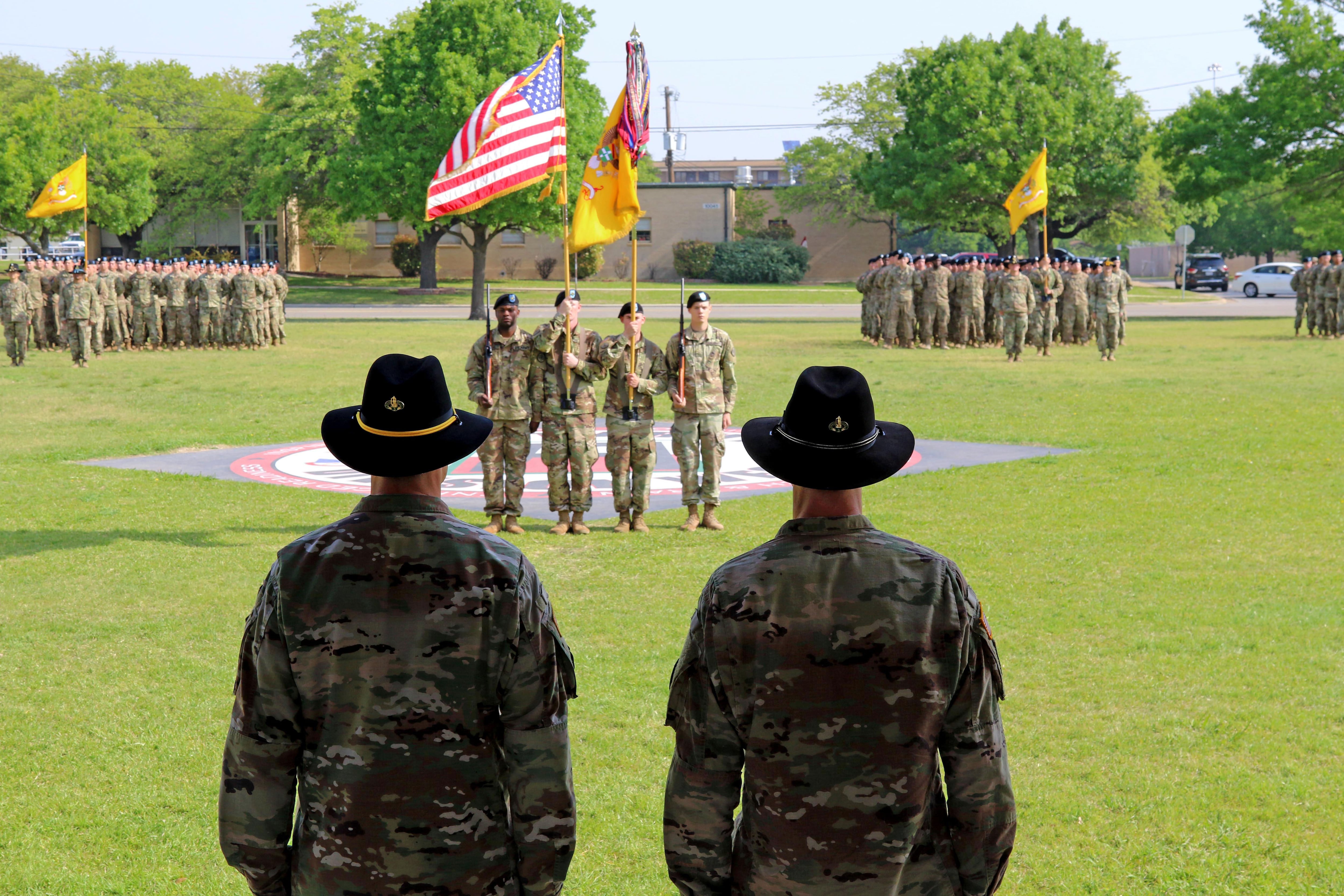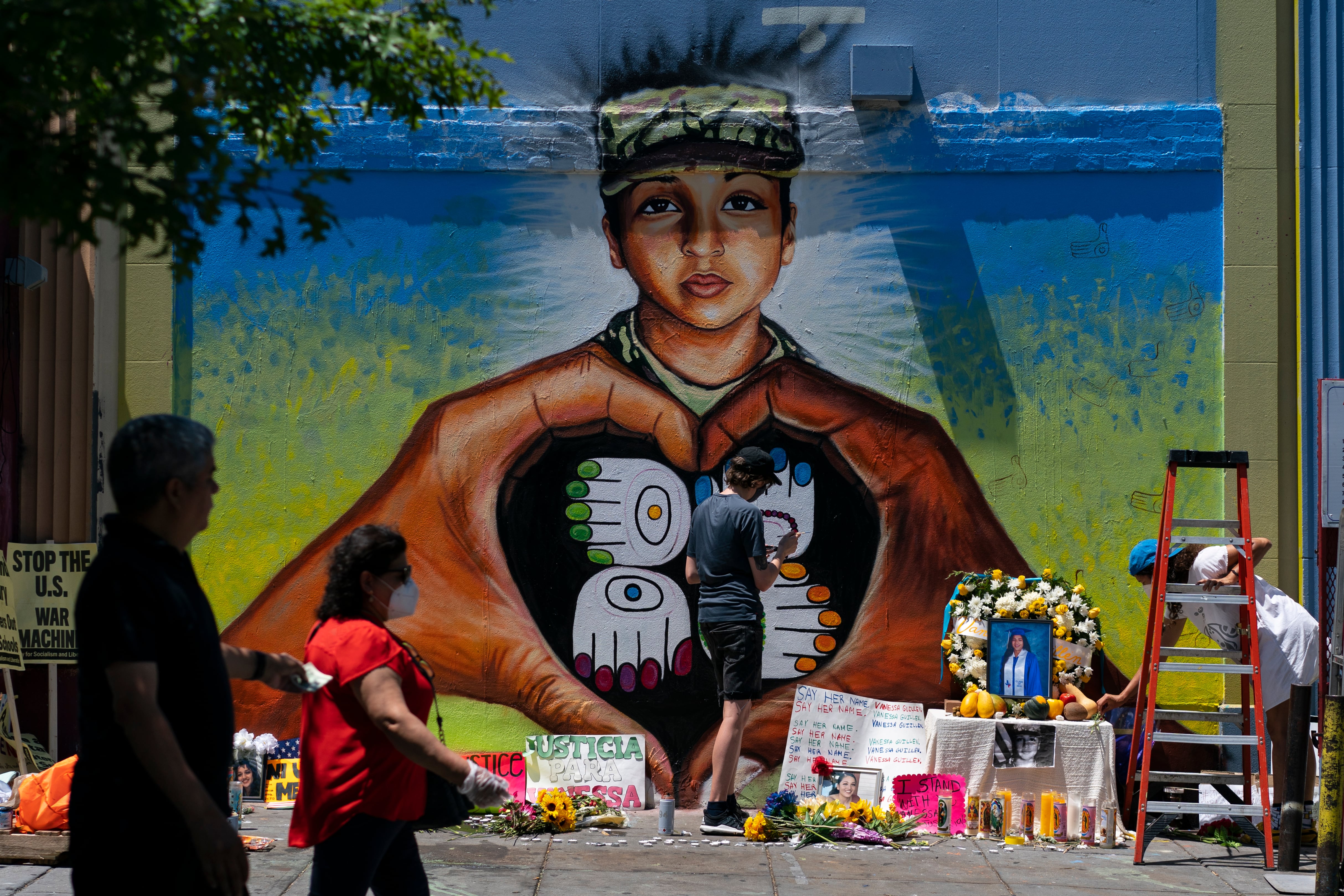WASHINGTON — U.S. Army leaders are expected to fire or suspend a “significant number” of officers and enlisted soldiers at Fort Hood, Texas, in a dramatic purge to correct a command culture they believe failed to address leadership failures and a pattern of violence that included murders, sexual assaults and suicides, U.S. officials said Monday.
According to officials familiar with the matter, Army Secretary Ryan McCarthy will take administrative action that will remove soldiers from their jobs, and likely trigger investigations that could lead to a wide range of punishments. Those punishments could go from a simple letter of reprimand to a military discharge. The officials spoke on condition of anonymity to discuss results of an internal review not yet made public.
McCarthy and other senior Army leaders are expected to announce the results of the review on Tuesday. In recent months, they have questioned whether there is a toxic environment at the base, and pledged to hold leaders accountable.
RELATED

Officials say they expect that Army Lt. Gen. Pat White, the base commander, will not face any administrative action. He was deployed to Iraq as the commander there for much of the year. Others who could face discipline, however, include Army Maj. Gen. Scott Efflandt, who was left in charge of the base earlier this year when Spc. Vanessa Guillen went missing and was found slain two months later.
Army leaders have already delayed Efflandt’s planned transfer to Fort Bliss, where he was slated to take over leadership of the 1st Armored Division. Command of a division is a key step in an Army officer’s career.
Efflandt’s move was paused while the team of independent investigators conducted their probe into whether leadership failures contributed to the killings of several people, including Guillen, and who should be held accountable.
In a recent video message on Twitter, McCarthy said he had reviewed the findings of the independent commission he sent to assess the command climate at Fort Hood. He added, “Leaders, regardless of rank, are accountable for what happens in their units and must have the courage to speak up and intervene when they recognize actions that bring harm to our soldiers and to the integrity of our institution.”
RELATED

According to investigators, Guillen, 20, was bludgeoned to death at Fort Hood by Spc. Aaron Robinson, who killed himself on July 1 as police were trying to take him into custody. Guillen was missing for more than two months before her remains were found. Her family has said Robinson sexually harassed her, though the Army has said there is no evidence supporting that claim.
The body of Pvt. Mejhor Morta was found in July near a reservoir by the base. In June, officials discovered the remains of another missing soldier, Gregory Morales, about 10 miles from that lake. All together, so far this year, 25 soldiers assigned to Fort Hood have died due to suicide, homicide or accidents, compared with 32 last year and 24 in 2018.
In an Associated Press interview last month, White said that he and other commanders bear responsibility for the problems. But he said it will take time to correct what some believe are systemic failures, and that some units will respond more quickly than others.
“I think all leadership is accountable for it, if you’re in this chain of command,” White said. “We have got to do everything we can to get this back on track.”
Under Army procedures, when a soldier is fired or suspended from a post, it can often lead to a fuller investigation into the matter. While some can move on to another Army job, a firing or suspension can often signal the end of a soldier’s career.
Army leaders have said this year that they are concerned that 20 years of war have led the service to focus so much on readiness that they have paid less attention to the well-being of the soldiers and their families.




